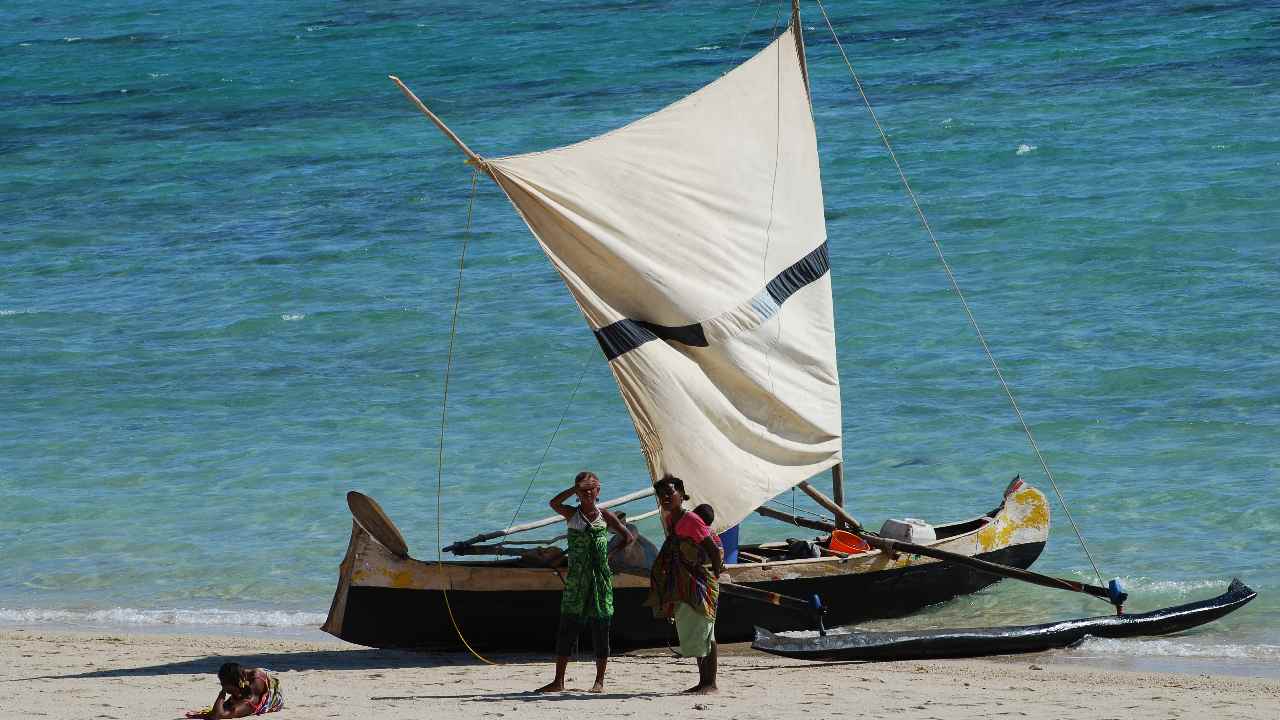The world’s coastal population is a significant contributor to the global economy, currently estimated at $1.5 trillion a year and expected to exceed $3 trillion by 2030.
Healthy ocean ecosystems, coastal livelihoods and economic growth require targeted support for key sectors of the blue economy. These include fisheries and aquaculture, tourism, energy, shipping and ports, seabed mining, as well as innovative areas such as renewable energy
The blue economy is particularly relevant for small island developing states, where marine resources are a critical asset for food security, as well as providing food, jobs and foreign exchange.
One of the participants in the dialogue on the second day of the Conference, former President of the Seychelles Danny Faure, noted in an interview with the UN News Service that small states “should get decent representation at the negotiating table in order to be able to put forward their ideas and generally move in the right direction.” Danny Faure urged the international community to continue to support vulnerable countries, including his native Seychelles.
“The Blue Economy is essential for the livelihoods of both individuals and entire nations,” he said. – I see that investments in this sector are coming very slowly. I consider it very important that the discussion on this topic continues at the international level with the participation of representatives of civil society and the private sector.”
The World Bank defines this term as “the sustainable use of ocean resources for economic growth, improved livelihoods and jobs while maintaining the health of the ocean ecosystem.”
The Blue Economy is based on the three pillars of sustainable development: environmental, economic and social. When talking about sustainable development, it is important to understand the difference between the blue economy and the ocean economy. The first of these two terms imply sustainability, inclusiveness and climate resilience.


























